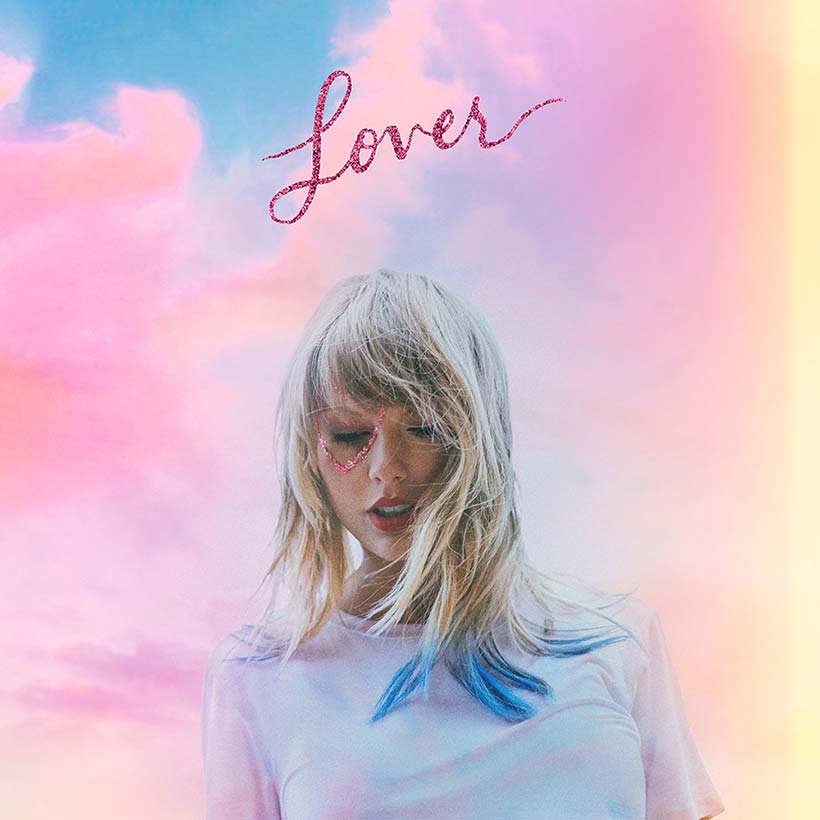The release of Taylor Swift’s highly anticipated album Lover has caused quite a stir in the music industry, with the song “The Man” remaining at the forefront of the conversation. As stated by Swift herself, the song “plays with the idea of perception,” as the narrator shares her thoughts about how she would be perceived and judged by the court of public opinion if she were a man. In an interview with Vogue magazine, Swift asks “If I had made all the same choices, all the same mistakes, all the same accomplishments, how would it read?” In the eyes of many, the release of “The Man” is Swift’s most clear attempt at subverting the narrative: “I’d be a fearless leader. I’d be an alpha type. When everyone believes ya: What’s that like?”
What is interesting is that many have criticized Swift for identifying as a feminist and for being named one of Time magazine’s “Silence Breakers” in its issue regarding women who were brave enough to speak out about their experiences of harassment and assault. Swift testified in court about being assaulted by David Mueller, a radio DJ, who, she claims, grabbed her rear end during a ‘meet and greet’ in 2013. Indeed, some argue that the fact that she never publicly criticized President Trump in the name of feminism, nor attend the Women’s March ultimately disqualifies her from being able to identify as a feminist. And yet, it seems to me that any person who identifies as a woman has the kind of lived experience that entitles her to talk about feminism.
And yet, it seems to me that any person who identifies as a woman has the kind of lived experience that entitles her to talk about feminism.
Despite what some people may think, Swift has always been vocal about the gender bias that she claims affects the way in which her music is received by the public. While Swift has been recognized for her songwriting abilities and extensive personalization, some believe she is undeserving because all she does is write songs about her ex-boyfriends. In response to these arguments, Swift has stated that she “really resent[s] the idea that if a woman writes about her feelings, she has too many feelings”, while “no one says this about Ed Sheeran or about Bruno Mars,” because a man’s emotional rawness is valued by critics and is not perceived as whining or irrational.
While the majority of Swift’s songs concern her reflections on the nature of love and past relationships, even Swift’s early works can be seen as subversive and ultimately as responses to the idealized constructions of femininity. Indeed, we can point to the lyrics and imagery found within the song “Picture to Burn,” as the narrator takes on the persona of a “virile woman” – one who is unabashedly aggressive and confrontational in the face of someone who has disrespected her. Moreover, Swift’s lead single from 1989, “Blank Space,” can be understood as Swift denouncing the misogyny and sexism that continue to exist within the music industry. Indeed, “Blank Space” is a satirical response to the media’s portrayal of her as a ‘crazy serial-dater’. The narrator is intended to be the embodiment of many sexist stereotypes that are traditionally linked to women: hysterical, needy and emotional.
I maintain that her latest feminist anthem “The Man” can be seen as a departure from her previous works, as the narrator is not speaking out about sexism within the context of a romantic relationship. Swift is reflecting on her lived experience as a woman in the workplace, highlighting the ugly truth that there is a “different vocabulary for men and women in the music industry.” I believe that this song conveys an important message, with Swift exclaiming she will always be steps behind her male counterparts simply by virtue of being female: “I’m so sick of running as fast as I can / Wondering if I’d get there quicker if I was a man.” She also explains how tired she is of the double standards that continue to seep into our everyday discourse: “They’d say I hustled, put in the work / they wouldn’t shake their heads and question how much of this I deserve / What I was wearing, if I was rude / Could all be separated from my good ideas and power moves.”
Swift is reflecting on her lived experience as a woman in the workplace, highlighting the ugly truth that there is a “different vocabulary for men and women in the music industry.”
According to Swift, “The Man” is the song that she always wished she could write, but that she could never find the right words for. While critics have previously criticized her for staying silent on politics and contemporary moral issues, Swift has proven that she is no longer holding back. And boy, did she get it right, “cause if [she were] a man, [she]’d be the man.”







